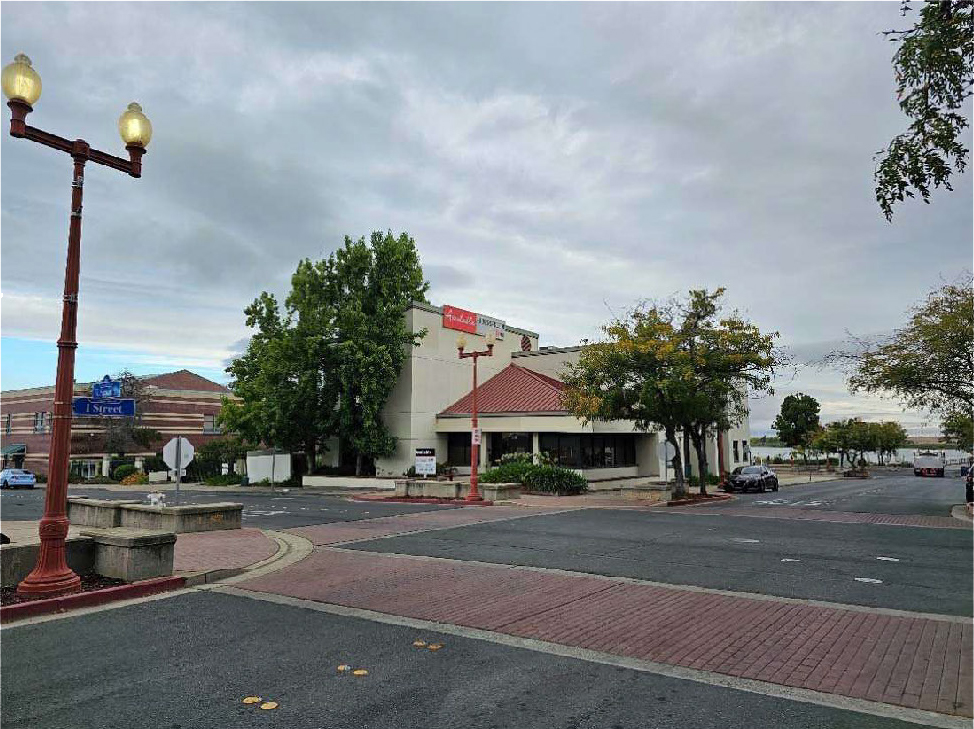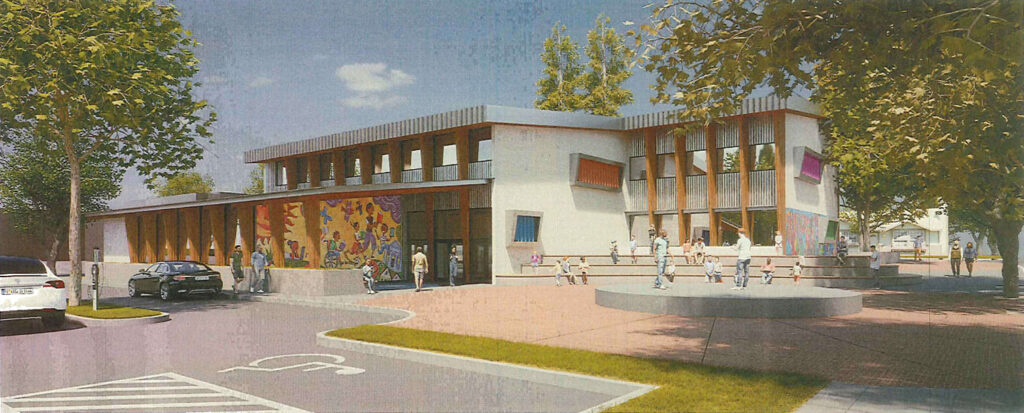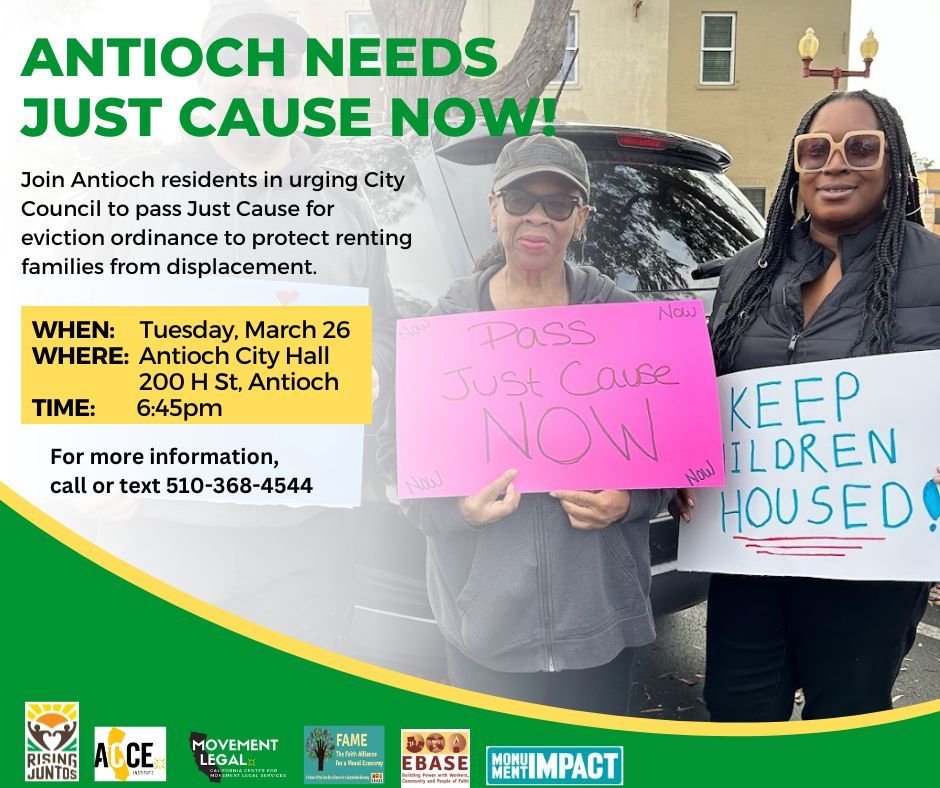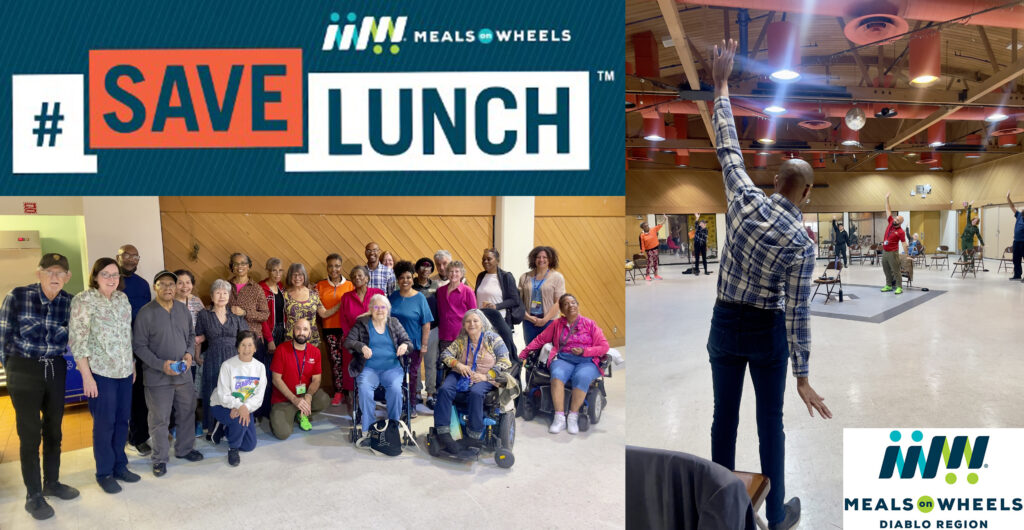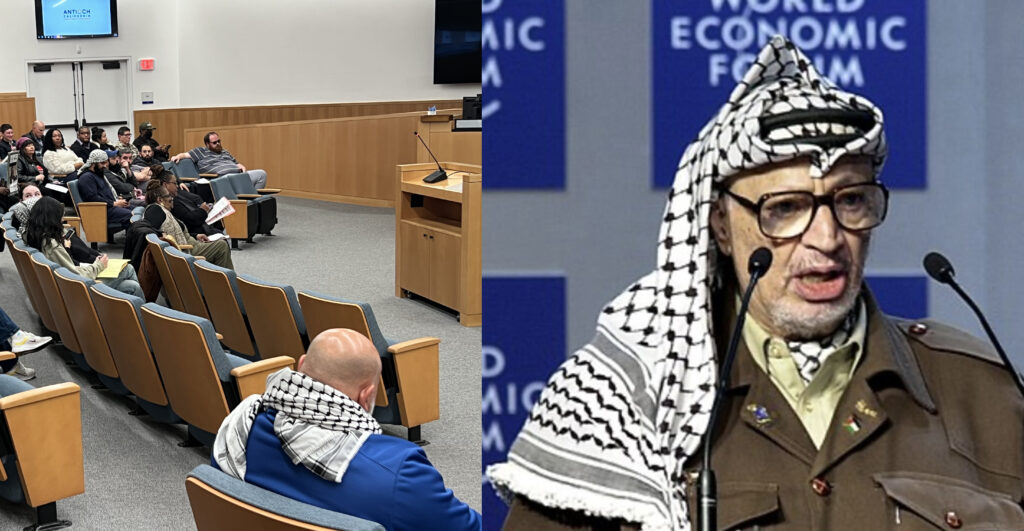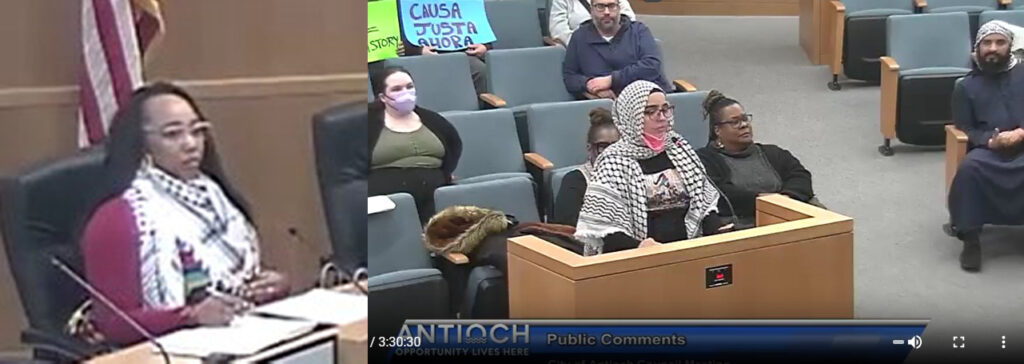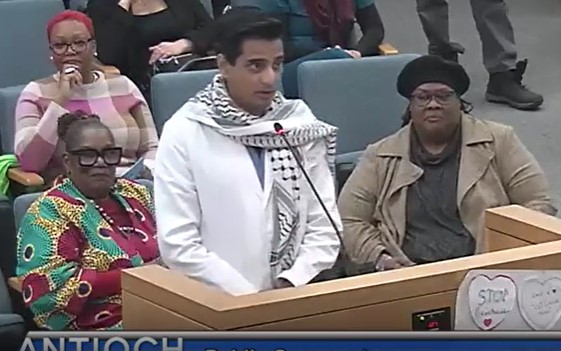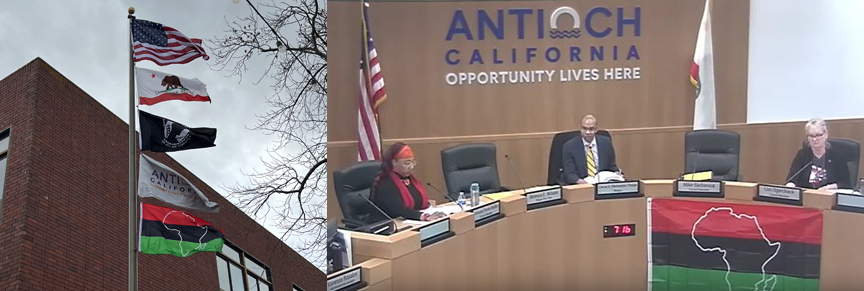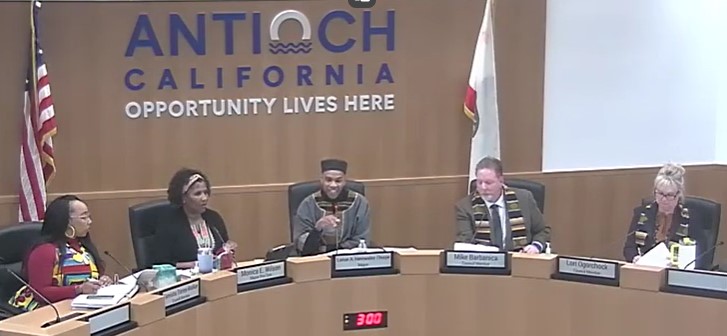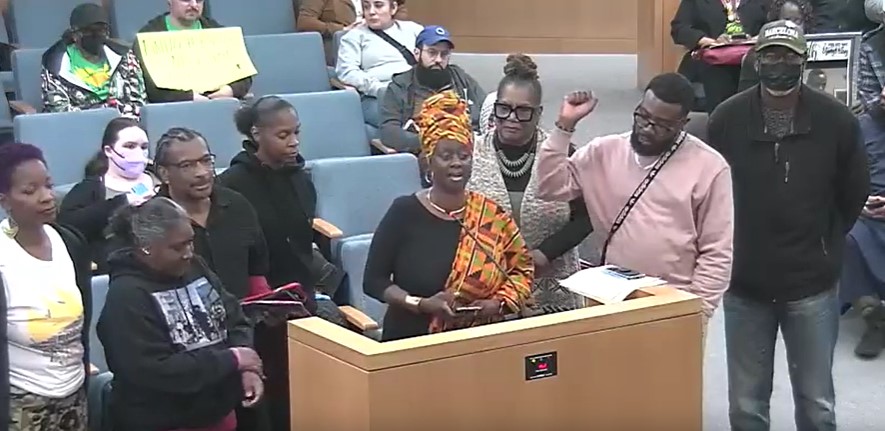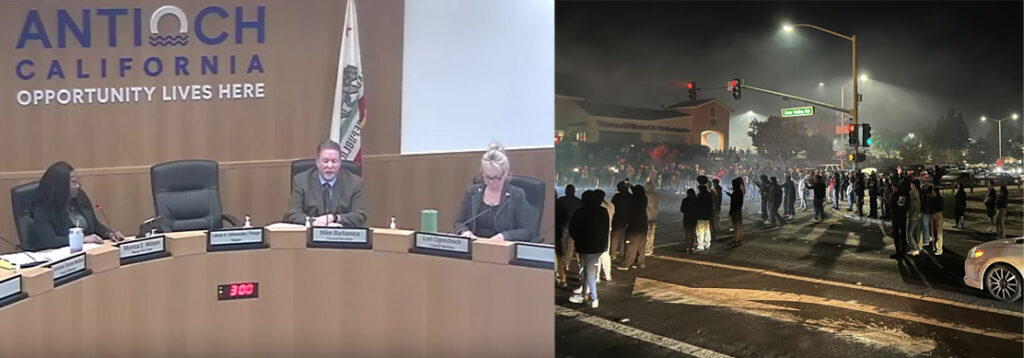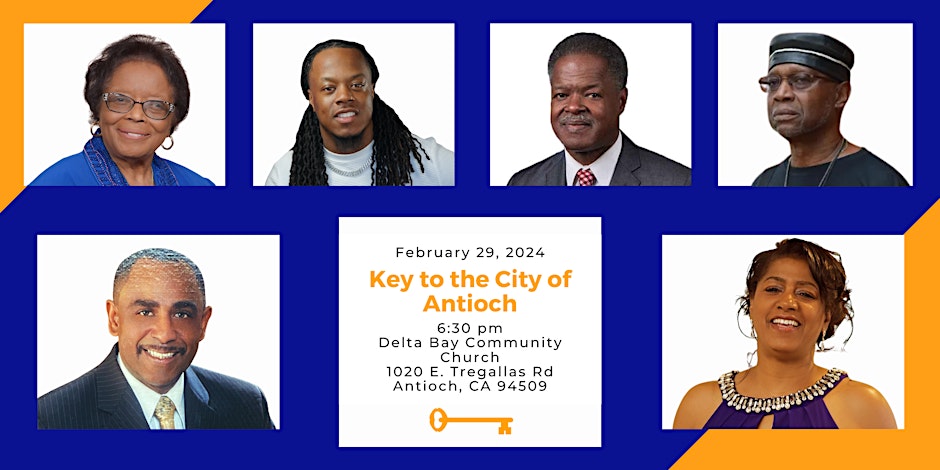Antioch Council gives input on two preliminary development plans for homes in Sand Creek, northeast areas
Wednesday, April 10th, 2024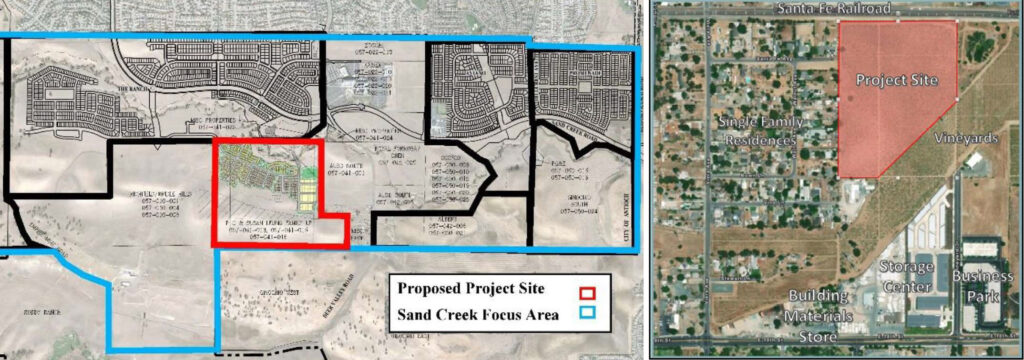
By Allen D. Payton
During their meeting, sans Mayor Lamar Hernandez-Thorpe, the Antioch City Council heard about two proposed new-home developments, one in the Sand Creek Focus Area and one on the far north side of the city. The mayor was in Washington, D.C. for the annual American Public Transit Association Legislative Conference, representing Tri Delta Transit for which he currently serves as chair.
Not all of the council members were supportive of the Richland Communities – Leung Property project adjacent to The Ranch development but all four offered enthusiastic support for the DeNova Homes’ Rancho Meadows project.

435-Home Leung Property Project in Sand Creek
Kyle Masters with Richland Communities spoke about the proposed 160-acre project on what’s known as the Leung property in the Sand Creek area across Deer Valley Road and south from the Kaiser Antioch Medical Center. (See Agenda Item 6)
The developer is proposing 435 units which includes 50 conventional single family detached units, 385 clustered single family detached residential units, and 159 row townhomes, according to the staff report and developer’s presentation.

“We’re looking at it more as an extension of our project, The Ranch project,” which is located just to the north. The first phase of that 1,100-home development was approved by the council last June. The proposed project is labeled, The Ranch – Phase 4.
“This provides more of a range of housing,” Masters continued. “A price point we may not have seen out there in Sand Creek. We see this as a second phase to The Ranch project.”
He said the project will, “provide a more affordable community. Lowering the entry point to homebuyers.”
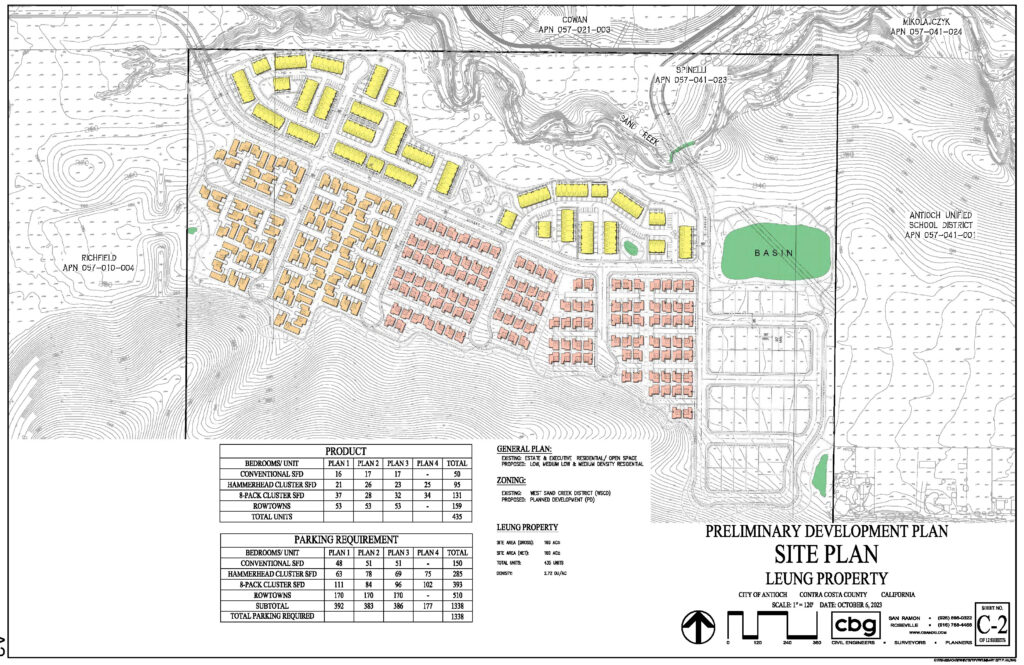
During council discussion, District 2 Councilman Mike Barbanica shared of his displeasure that neither developer had reached out to him prior to the council meeting.
“I really wish someone would have picked up the phone. But that didn’t occur. I learned of them by pulling up the agenda on Friday afternoon,” he stated. “So, developers, please communicate with us. Give me a call, so we have time to go over them and see how the developments will affect the community.”
Both District 3 Councilwoman Lori Ogorchock and and Mayor Pro Tem Monica Wilson, who chaired the meeting, spoke of the desire for inclusionary housing. District 1 Councilwoman Tamisha Torres-Walker wanted to update the City’s General Plan which was last updated in 2003 before approving more housing in the Sand Creek area.
“The council adopted a housing element in 2023,” Acting Community Development Director and City Planner Steve Scudero responded. “We are almost to the point to bring a contract to hire a consultant to develop that (inclusionary housing) ordinance.”

“I live in a development that’s cluster housing. If you can figure out a way to make garbage service work, because it’s not working in my neighborhood,” Wilson shared.
“When I talk about inclusionary housing it doesn’t have to be there. It could be a credit for somewhere else,” Ogorchock added.
Asked by Wilson about not seeing any single-story homes in the plan, Masters responded. We’re just not at that level of detail, yet. We’re probably two to three years before coming back to you with this.”
“Most people are hoping we won’t be here, by then,” Torres-Walker responded. “But we’ll see what happens.”

143-Home Project with 6 Affordable Rental Units in Northeast Antioch
The other project proposed by DeNova Homes, is for a 143-home development off Vineyard Drive north of E. 18th Street. It includes six affordable rental units working with Yellow Roof Foundation. (See Agenda Item 7)
According to the city staff report, the residential development consists of 137 single family detached homes on approximately 2,600 square foot lots and six renter-occupied homes on 4,200 square foot lots designed for people who are at risk of being unhoused. The non-profit foundation is proposed to own and manage the six rentals.
Trent Sanson of DeNova Homes spoke during the presentation and responded to the councilmember’s questions.
Resident Andrew Becker, who usually opposes market-rate housing developments, spoke in support of the project.
During the council discussion Ogorchock spoke first saying, “I truly like the project. I think the lots are way small on this one. I think the park’s small. I’d like to see a bigger park. I’d also like to see a community garden.”
Agreeing with Torres-Walker, she said, “We have to have bathrooms in our parks.”
“I’m happy with Yellow Roof coming to town,” Ogorchock continued.
“I’d like to see walkability and trails,” she added.
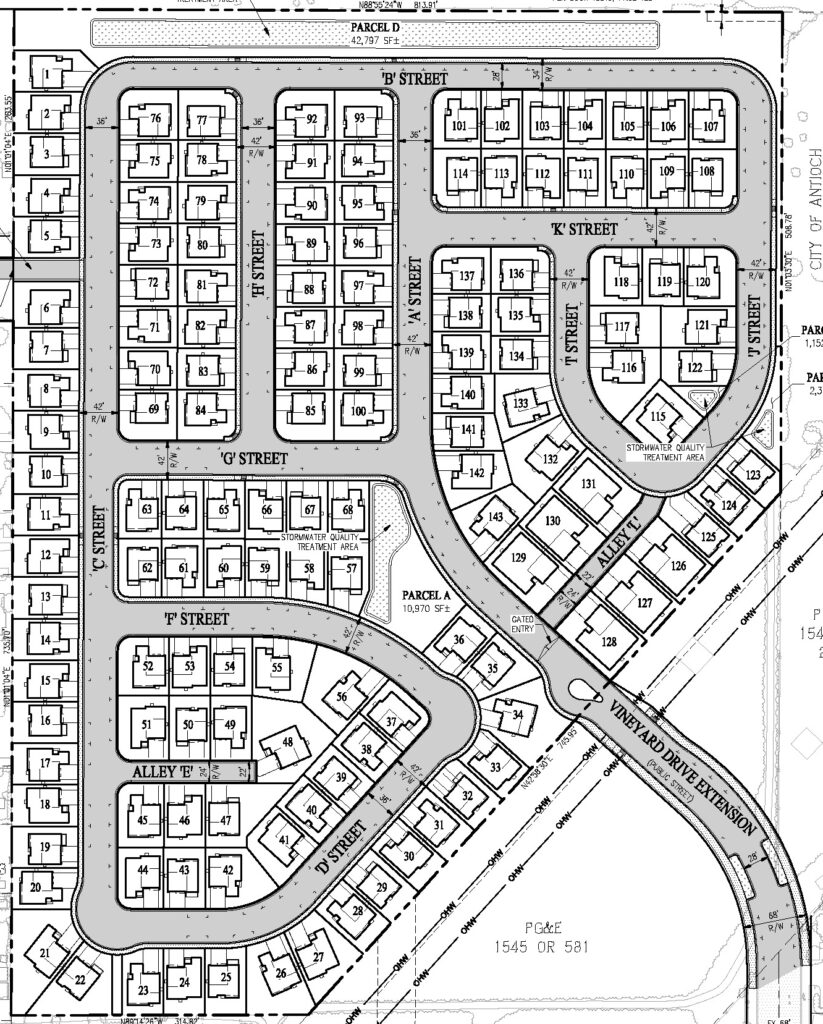
Torres-Walker also liked Yellow Roof’s participation and hoped the homes would provide for transition into home ownership.
She advocated for larger sized back yards.
“I’m not a big supporter of gated communities,” Torres-Walker continued. “You can’t have a public park in a gated community. If it is, then you might want to rethink it being a gated community.”
“Is it affordable. I could be like everyone else saying you need a better paying job. People saying, ‘we need housing for all income levels. There has not been enough housing for low-income working families.
“15-minute cities. We use to live in those communities until we were pushed out with increasing rents,” Torres-Walker stated. “I just hope it actually has a pathway to home ownership.”
“I like the location…the fact that we’re doing this, that you put Yellow Roof in there,” Barbanica stated. “When a developer steps and does that and puts six units in there with ADU’s the money has to come from somewhere, either market-rate homes or smaller lots.
“You’re taking six units and saying, ‘come in here and pay whatever you can afford,’” he continued. “I do appreciate the fact that you are doing this in Antioch.”
“A little bit larger lots, if you can,” Barbanica added.
“They did call me, because it’s in my district…for the record,” Torres-Walker interjected.
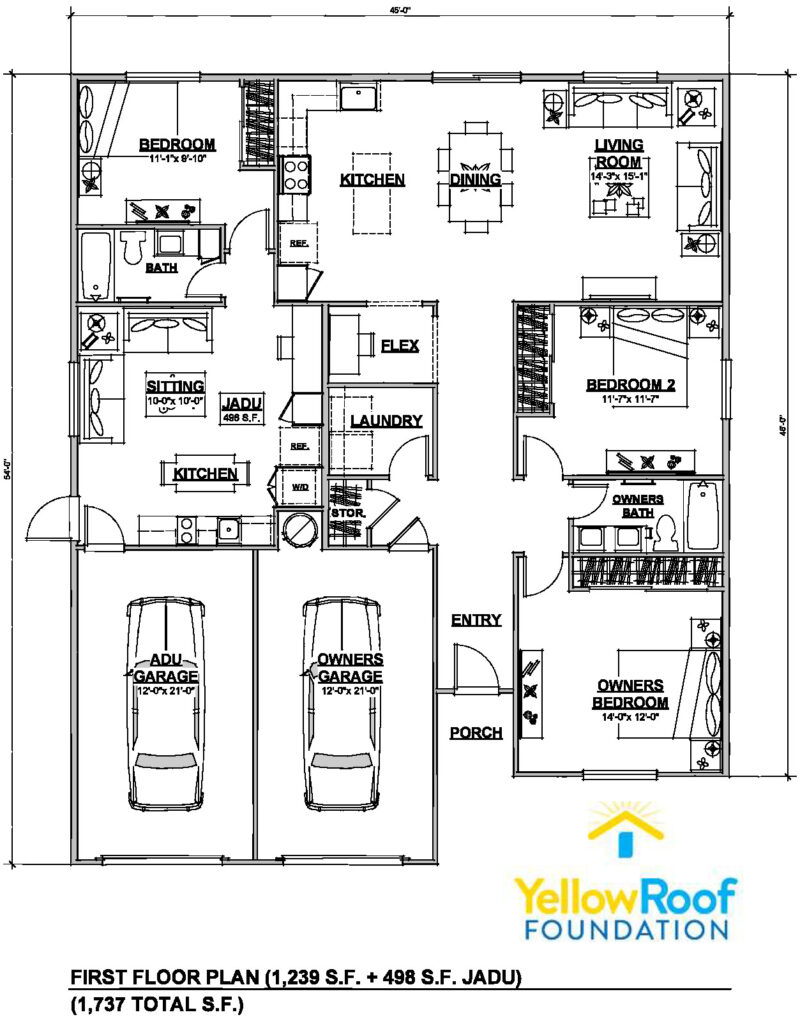
“The individuals that go into these houses with lower rents, part of the money is set aside for them to get into home ownership,” Wilson inquired.
Confirming what she said, Sanson shared, “We try to keep it to a three-year program so people can get their financial affairs in order. We want to help more and more people that we can. Then they graduate on to home ownership.”
“I love that program but if you could add a couple more affordable units,” Wilson added. “I can support this project.”
Sanson then stated his company will work with city staff and include what was shared by the council members to finalize the project plan. Once ready, it will then be heard by the Planning Commission before returning to the council for a final vote.








